Certainty and Uncertainty in Trans-Intersex Science Politics
We shouldn’t forget that uncertainty introduces questions to grapple with that are essentially good.

We shouldn’t forget that uncertainty introduces questions to grapple with that are essentially good.

Wuest highlights the contingency of scientific claims not only in LGBTQ+ advocacy but also in legal advocacy for and against abortion access.

Scientific uncertainty does not mean that parents, judges, and legislators lack the information they need to serve the best interests of children.
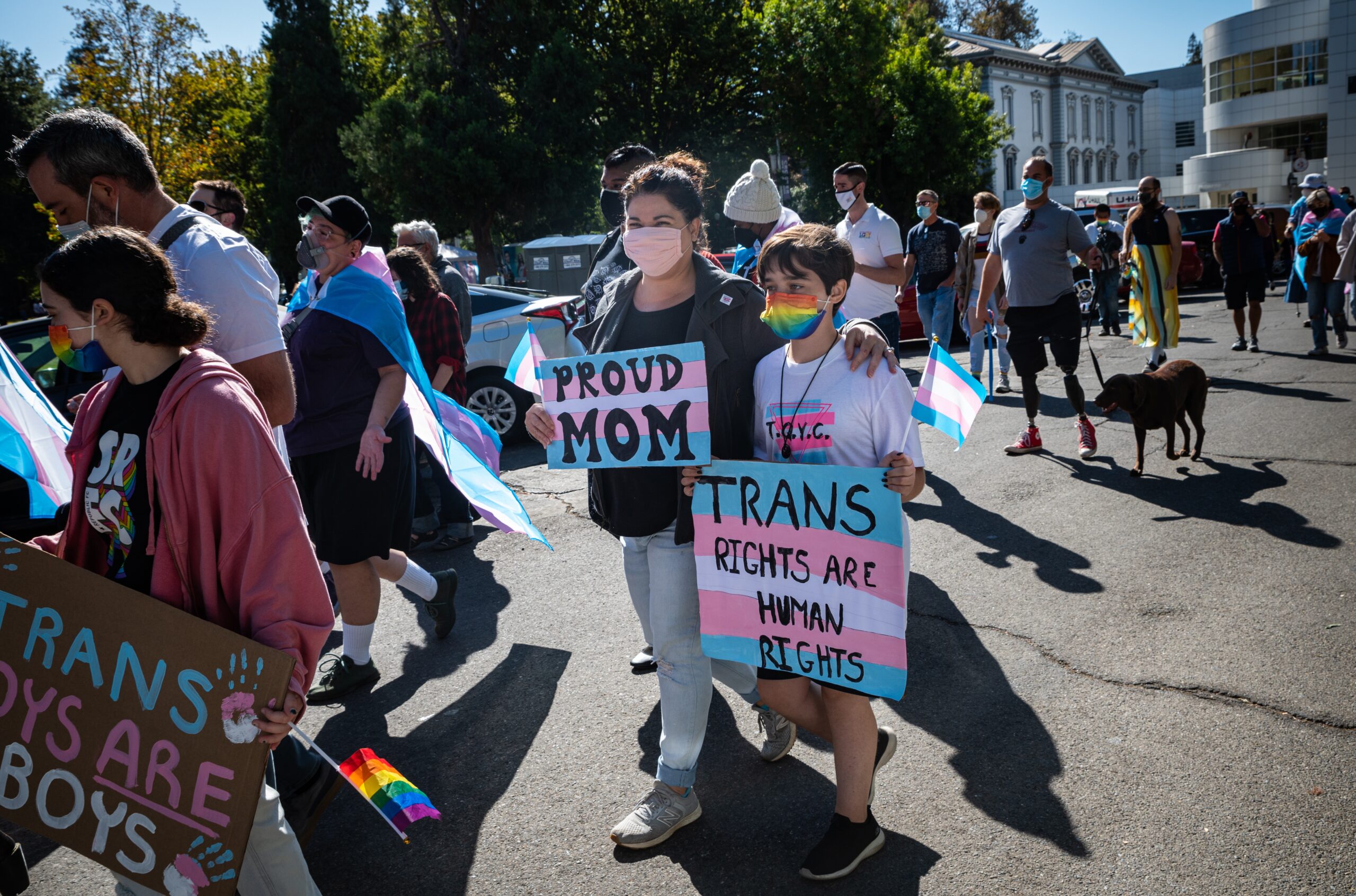
As often as scientific evidence has advanced reproductive rights, abortion foes have used claims about scientific uncertainty to justify new restrictions.
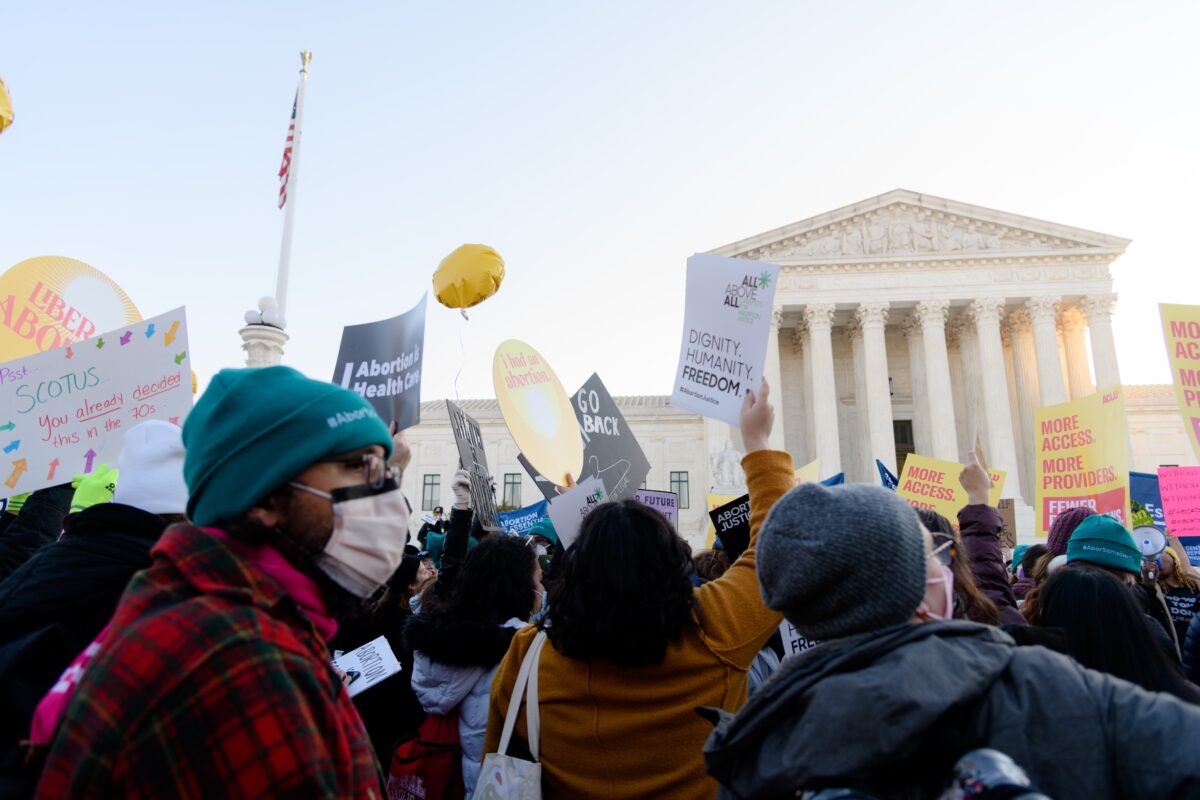
This symposium reveals uncertainty’s relevance to abortion access, the legality of gender-affirming care, intersex rights, and child custody disputes.

Courts must investigate alleged government justifications to avoid rubber-stamping restrictions that do nothing but harm.
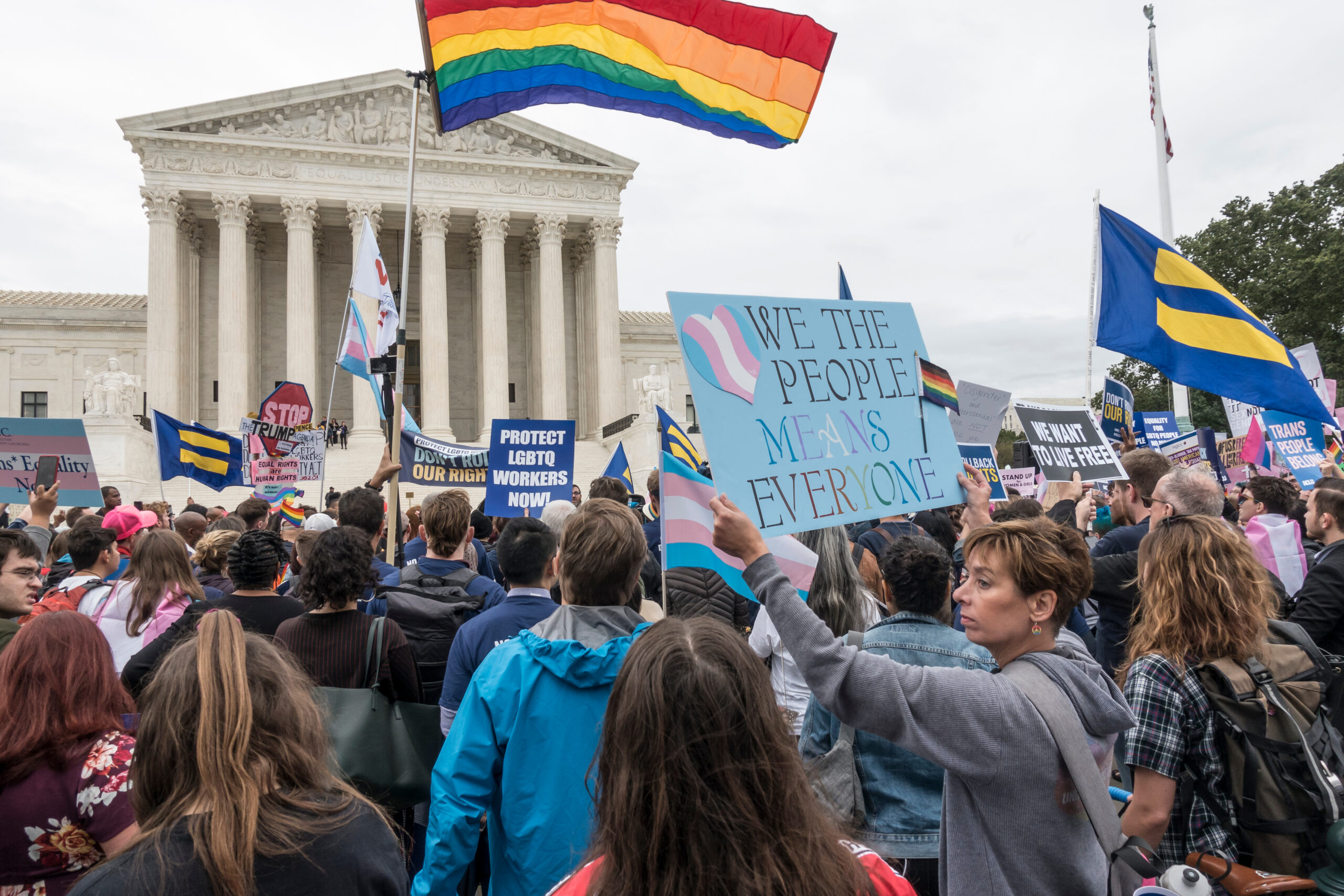
Excluding PrEP users significantly cuts down the de facto number of MSM who could actually donate blood, and also penalizes prevention.

Don’t be fooled by the savior titles and biased “evidence;” these bills are neither compassionate nor protective.
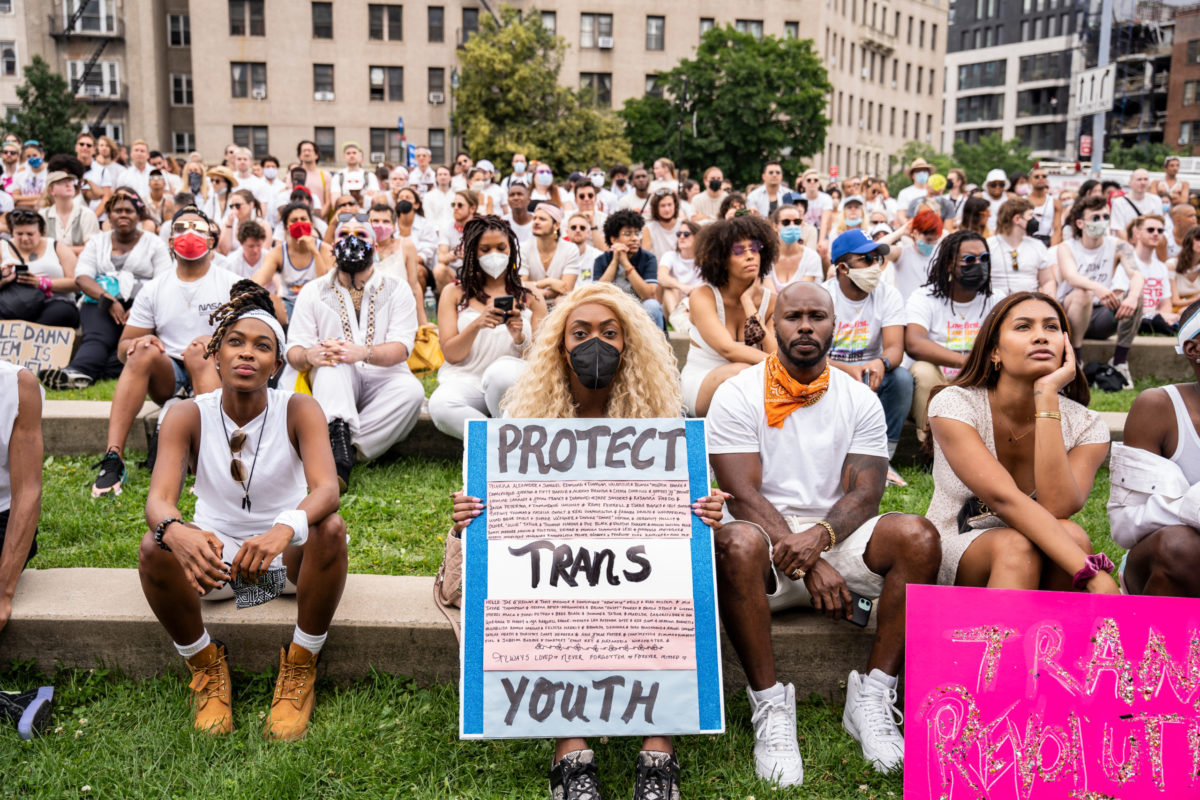
HHS should formally acknowledge that individuals have a legal right to enforce Section 1557 when they experience prohibited health care discrimination.
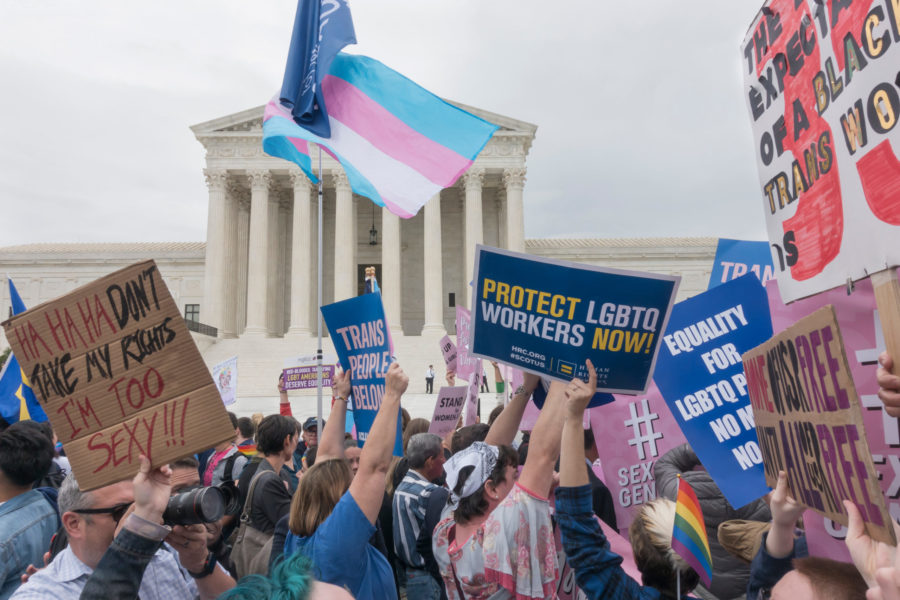
State legislation blocking access to gender-affirming care puts kids at risk, thwarts physician autonomy, and potentially violates federal laws.
